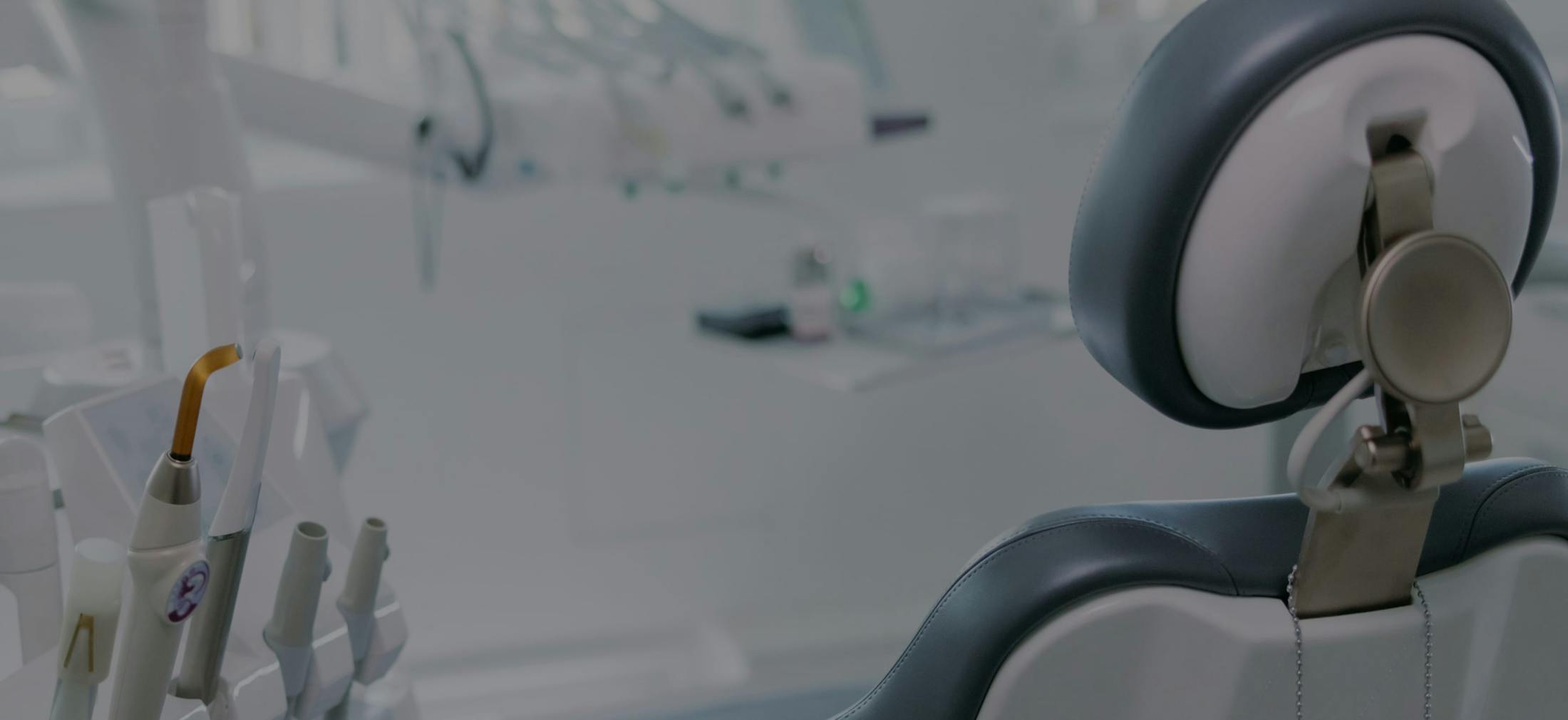Many hidden dangers of sleep apnea are mostly unknown. Sure, it’s easy to find the symptoms of sleep apnea, but what about the long-term side effects?
Symptoms of Sleep Apnea
The common symptoms of sleep apnea are:
- Disrupted breathing during sleep
- Labored breathing while asleep
- Loud snoring, gasping, choking, and/or snorting
- Lower sleep quality for a bed partner
- Nighttime teeth grinding (AKA sleep bruxism)
- Morning headaches
- Irritability
- Difficulty concentrating
- Sore throat (usually caused by your snore)
- Dry mouth (which leads to poor oral health)
- Frequent urination at night
- Higher risk of automobile accidents
- Decreased job/school performance
- Excessive daytime sleepiness (primarily in adults)
- Attention-deficit hyperactivity disorder symptoms (primarily in children)
If you or a loved one is exhibiting warning signs of sleep apnea, seek medical advice right away. Diagnosing sleep apnea should be done sooner rather than later, so you and your bed partner can get a good night’s sleep and invest in a healthy future.
The main method of diagnosing sleep apnea is a sleep study that measures breathing, brain activity, oxygen levels, and other factors that may indicate you suffer from sleep apnea.







